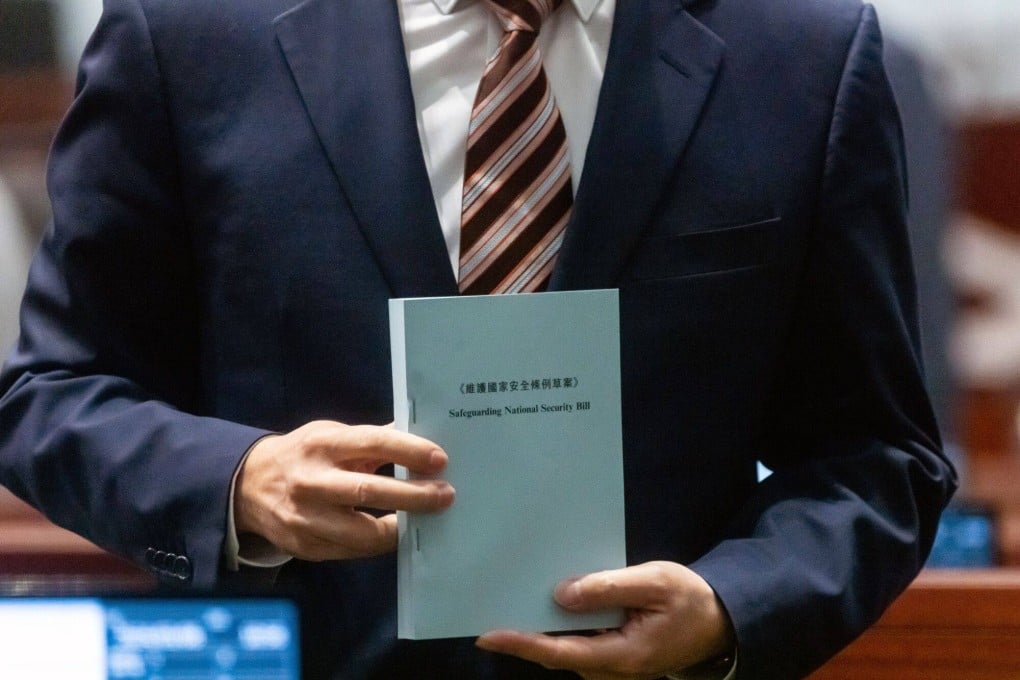Opinion | Article 23: concern over Hong Kong’s subsidiary legislation understandable but misplaced
- Subsidiary legislation is often found in both common law and civil law jurisdictions. Its purpose is to provide details and guidelines in relation to matters under the primary legislation – but never to create new offences

After the Hong Kong government’s announcement that it would enact Article 23 legislation, discussions on the proposed bill were relatively calm and rational.
It is thus somewhat surprising that legislators and the government alike seemed to be unaware of such sensitive issues and unprepared to offer detailed explanations.
Be that as it may, the concerns of the public are somewhat misplaced. Subsidiary legislation is a form of secondary legislation often found in both common law and civil law jurisdictions. Its purpose is to provide operational details, guidelines and procedures in relation to matters provided under the primary legislation but never to create new law, let alone new offences.
If you fall foul of the subsidiary legislation, you may be punished for non-compliance with the regulation but never for being guilty of the crime specified under the primary legislation.

